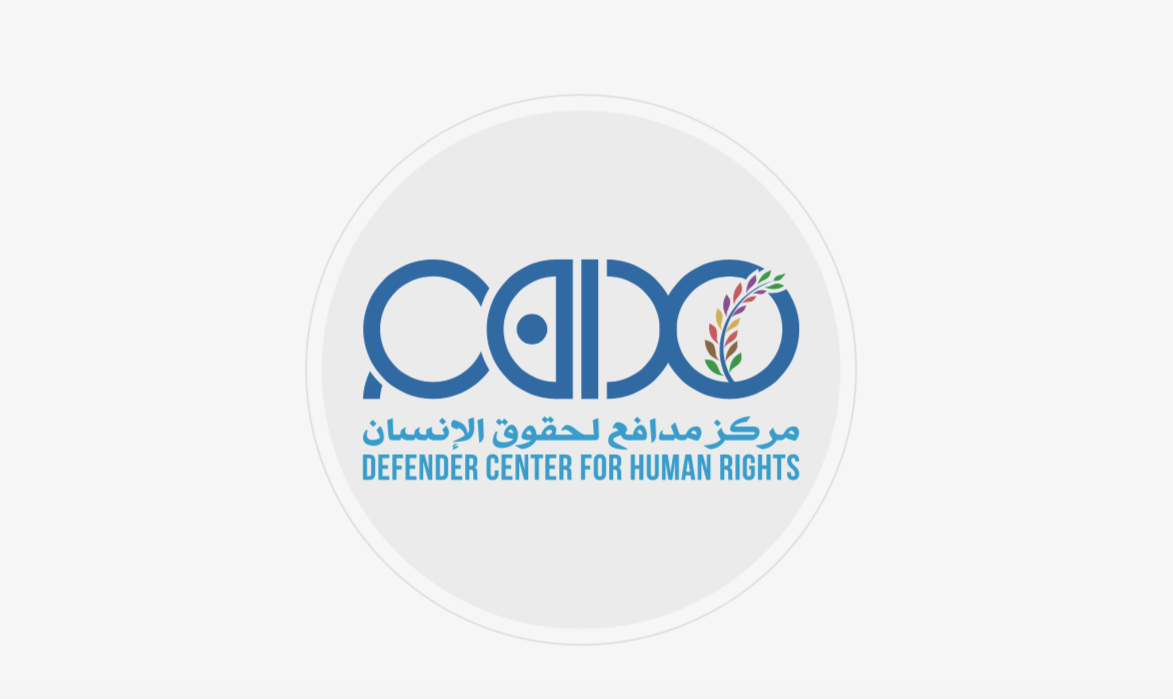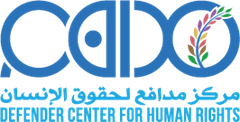
Center for Human Rights Defender Association (CHRDA) is an independent non-governmental organisation registered and founded in France in 2016. International Federation for Human Rights (FIDH) member, CHRDA aims at promoting rights of Human rights Defenders and vulnerable population, analysing the difficulties facing the application of International Human Rights Law and disseminating Human Rights Culture in the Region as well as engaging in a dialogue between cultures.
A crucial part of CHRDA’ mandate is to help shape the understanding of the most pressing human rights defenders concerns within the region and then to coordinate and mobilise the key players and NGOs from across the MENA region to work together towards solutions.
Furthermore, CHRDA is a Libyan HRD’s network; working on supporting, empowering and protecting Libyan HRDs inside and outside Libya. CHRDA is a member of the Platform (Coalition of 13 Libyan organisations).
CHRDA emerged from the need to find a space for Jurists outside their country, especially with the outbreak of armed conflict in several cities in Libya and targeting defenders and activists; attacks and abuses sometimes reached the limit of assassinations.
CHRDA main activities:
- Protecting and capacity building to HRDs and supporting CSOs.
- Advocacy campaigns aim to guarantee to apply the international standards of Human Rights concept in Libya.
- Focusing on the legislative structure related to the work of civil society
- Empowering the right of freedom of expression and the right of freedom of assembly and association.
- Researches and studies on Human Rights situation and legal analysis.
- Promoting a culture of impunity and supporting accountability mechanisms.

Mission
Given the general situation of Arab countries and reading the North Africa scene especially. Defender Center draw its attention on the state of Libya and the high rate of violations there, and lack of awareness in human rights field. Since 2011 dozens of Human rights associations, NGOs and the expansion of civil society, but, given the absence of civil society work independence and human rights under the former regime of Colonel Muammar Gaddafi, very few had the expertise and training necessary to conduct professional human rights work.
In addition, the local justice system has failed to prosecute militia members for serious crimes. In fact, the domestic criminal justice system has collapsed in most of the country due to threats and assassinations against judges and prosecutors, as well as the challenges posed to a national judicial system under the two rival governments.
Since 2014, many HRDs and CSOs were the targets of reprisal from different militias and paramilitary groups across Libya, many of them left the country and worked from exile in Tunisia, Egypt, and Jordan. While HRDs in Tunisia are joining forces, there is a need to break the isolation of young Libyan defenders inside Libya and provide the proper atmosphere to continue the rights activate work for both gender defenders outside.
The initiative strives to create a focal point in Tunis for Libyan human rights defenders (both genders), activists and media workers inside and outside Libya to document cases of human rights violations, support activists and refer them to NGOs that can provide them with financial, legal and psychological assistance. The Defender Center for Human Rights is planning to identify human rights defenders and associations working in Libya to respond to their urgent needs of support.
